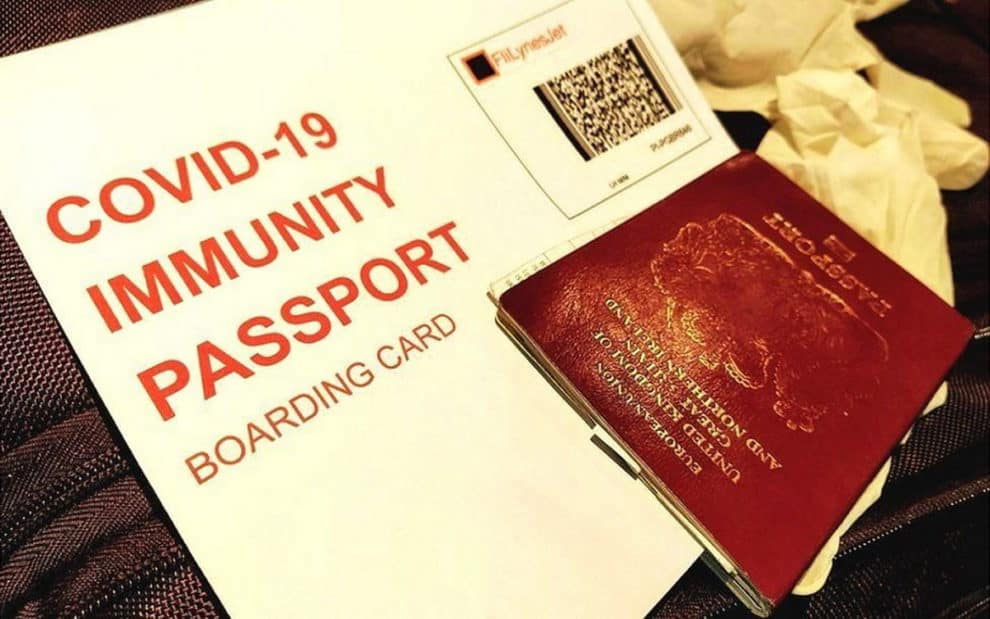The US might get a waiver from some because it’s a superpower, but Brazil and India will likely be victims of COVID-19 restrictions, which might harm their commercial and other economic activities. Their already ailing economies might not be able to absorb further damage so the concept of COVID passports might adversely affect them.
Coronavirus hits every country
The coronavirus is contagious in nature and has rapidly spread all over the world. There is almost no country in the world with zero cases. Maybe some of the countries, due to the limitation of facilities for testing, may not report the precise number of coronavirus patients, but almost every country has confirmed some number of cases.
At the moment of writing, the number of coronavirus cases stands at 18,026,716 while the death toll is 688,982, according to Worldometer, but both numbers are continuously increasing and will probably be different by the time one reads this article.
The coronavirus has definitely impacted the global economy in a very adverse way. Some countries are already in recession and might collapse or default. Only countries with a strong economic basis might be able to survive.
Due to social distancing, most educational institutions are closed or are conducting online classes. Industries have shuttered, public places are closed, and gatherings are prohibited. Some countries have imposed a very strict lockdown, while others have a more relaxed one. A few countries have passed the peak and are experiencing a reduction in new cases in parallel with the recovery of more existing patients. Still, others remain vulnerable and are recording new cases and an increase in the death toll each day.
Phenomenon of COVID passports
Those countries that are on the pathway to recovery are gradually reopening and returning to normal life. Some of them have even reopened their tourism industry since it’s an important generator of revenue for them. As a matter of fact, tourism is important for all countries since it generates revenue with minimal investment. It can, therefore, be categorized as a part of the service industry. Some countries are blessed with amazing tourism potential and have been exploiting this sector for many years. People need to relax and enjoy their time, but they should also have the choice of where to travel to when doing so.
This brings the article around to discussing the new phenomenon of “COVID passports” that some countries are officially or unofficially implementing. It means that they limit travel from countries where there’s a high risk of visitors carrying COVID-19.
According to data from the earlier mentioned Worldometer, the US is the worst-hit country in the world with a total number of 4,764,522 cases and 157,901 deaths. It is followed by Brazil with 2,708,876 total cases and 93,616 deaths and India with 1,754,117 and 37,415, respectively. The nations of these three countries are the ones most affected by global travel restrictions.
The Positive side
There’s no doubt that COVID-19 hurts the entire world and everyone is talking about the consequences of this pandemic and warning about the post-COVID-19 era, but I am optimistic and sensitive in nature and see the situation from a different angle. Due to the virus, we are forced to maintain social distance and stay at home as much as possible. This has therefore enriched our family life. Under normal circumstances, we were busy at our jobs making money and doing other outside activities, sparing little time to spend with our families. If you have young kids, then they deserve more of your time, and COVID-19 has forced us to spend more of it with our family, which is a positive aspect.
We are forced to pay attention to hygienic practices whereas we usually were lazy and sometimes compromises on high standards, but due to the pandemic, we are conscious of the need to follow the highest ones nowadays. It is hoped that we will maintain the same practices in the post-COVID-19 era too.
We have limited outdoor activities, less traveling, less time in hotels, less shopping, etc. It has helped us save on fuel, outdoor, hotel, dining, picnic, and unnecessary shopping costs, etc. It has resulted in less pollution and improved our climate.
Due to restrictions on movement, digital life has been greatly improved. We now participate more in online shopping, online meetings, online entertainment, etc. This has improved our digital economy.
Although no one is happy with COVID-19 and no one denies its negative impact, it is hoped that the good things which we have learned and practiced will continue to be part of our routine life in the post-COVID-19 era.
